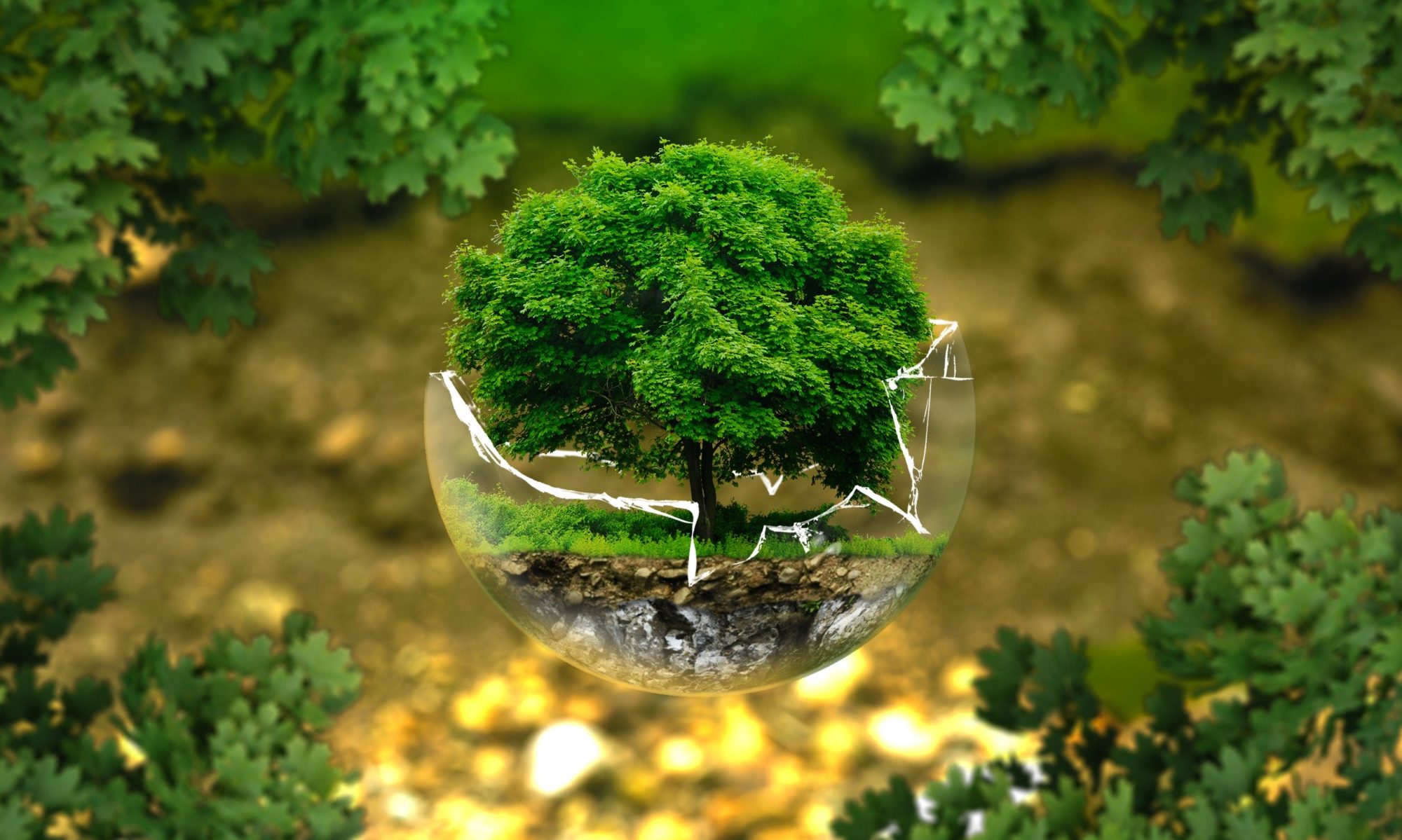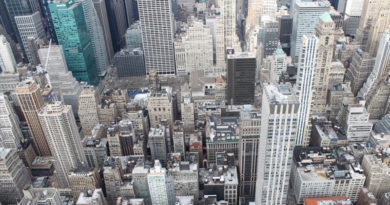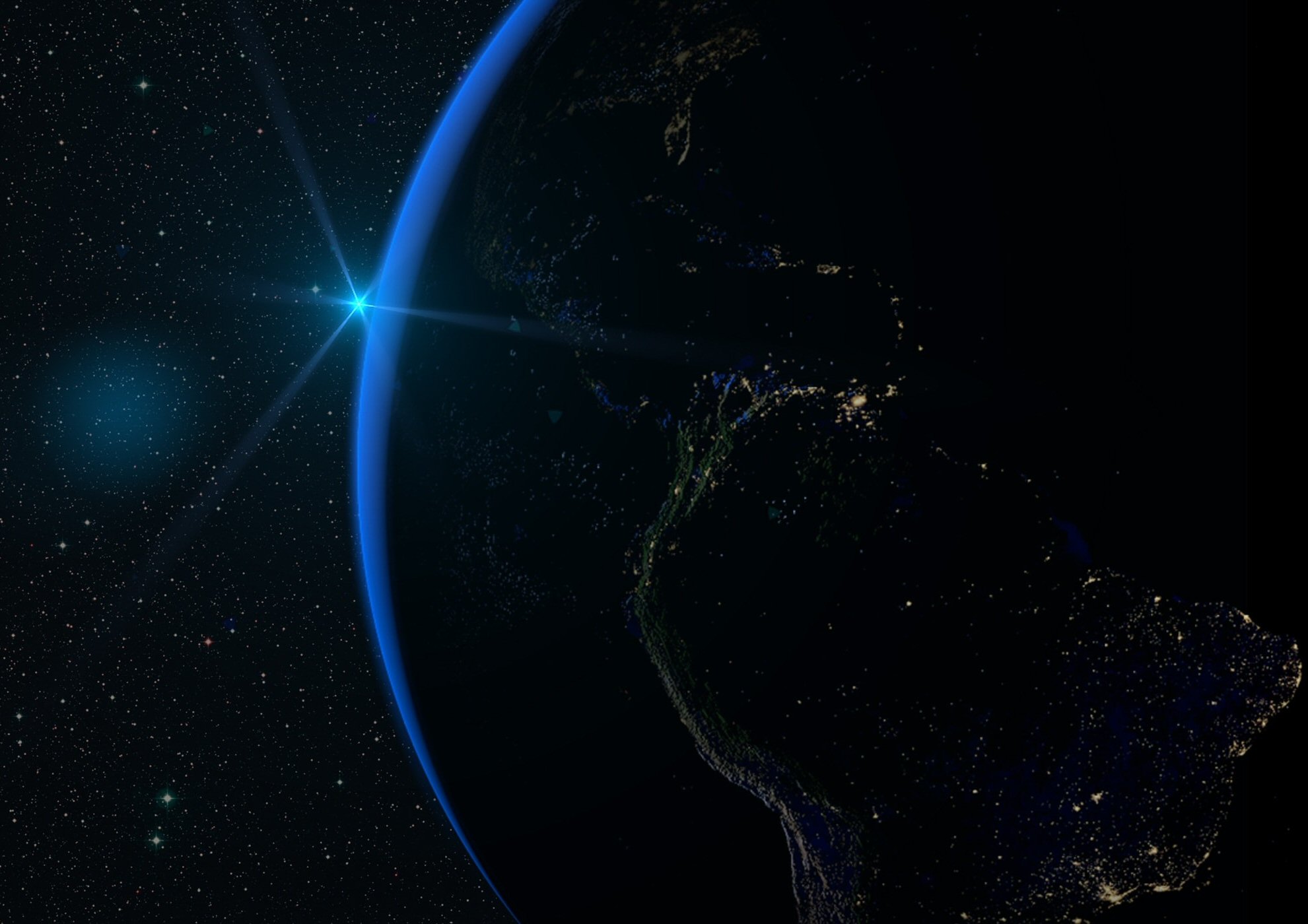I Can’t Breathe : Enhance Humanity, Save Nature, Embrace One World
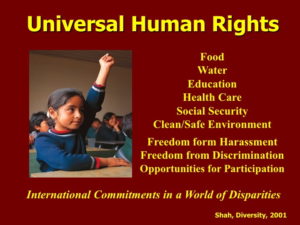
On 25th May 2020 millions of people around the world saw and heard the cry of George Floyd, “I can’t breathe” as he faced death, with his neck held down by a knee and no doubt suffocating with fear and disbelief in his heart and soul towards the inhumanity and savagery of the officers, who were meant to be representing the law and order of the world’s leading economy, military power, and democratic nation.
The reality of this human tragedy caught on video has angered and awakened the consciousness of people around the world to the plight of those who suffer systematic and institutional racism, discrimination, disenfranchisement, and disrespect. People are marching with tears that the status quo of this situation is no longer acceptable, legally, morally, and ethically.
The world, as we know, is in the midst of the coronavirus global pandemic. On the same day as George Floyd was murdered, some 3000 people also died whispering, “I can’t breathe” as COVID19 shut down their respiratory systems. Most of these people died in front of a masked and dedicated health care worker, without the comforting sound of a goodbye prayer or the warm touch from their loved family and friends.
We are all born to die, but our birth is celebrated with dreams of a wonderful future-to-come and our death brings tears and sadness for the loved ones left behind, with beautiful memories to recall and celebrate. The world has never known such a devastating, demoralizing, and emotionally – as well as socially and economically – destructive situation as with the coronavirus crisis these last half a year. The consequences of this will be with us for years to come.
Whilst people are marching and venting their anger on authorities and establishments for societal ills, with resounding cries of “Black Lives Matter” or, in relation to the destruction of Nature, “ Climate Action”, we must not forget that nothing will change for the better unless every individual embraces and commits to living sustainably in peace and harmony with respect for one another, no matter their race, color, religion and status and for the world of nature.
Each one of us as human beings needs to look within and begin the process of healing ourselves & actioning sustainable, responsible, caring, respectful, and compassionate measures and practices to protect nature and bring people together as equal and caring members of our one human race for the common good.
The broader philosophical is the question: How do you learn to care for others. We need to learn to look outwards and reach beyond the one-sidedness of our perspective viewpoint. The rhetoric of our ‘common humanity’ is an empty gesture unless we simultaneously recognize that people, and the cultures that they belong to, are inherently different; we are not bound by the same destinies because we still live in different worlds, as determined by different cultures. We need to seriously reflect on important questions such as, are some cultures more unsustainable than others? Are the way some humans live more destructive than others, both towards Nature and towards other fellow human beings?
Movements such as “Black Lives Matter”, which aim to bring about a world free of systematic and institutional racism and discrimination, are reciprocally dependent on the climate change movements. We know this because evidence time and time again has shown that non-white groups across the world are disproportionately subject to the negative consequences of climate change, whether this be through more direct linkages such as with the climate-engendered flooding causing havoc every year in countries like Bangladesh or through more indirect evidence such as recent studies that have shown how black and brown populations in the U.K are more likely to suffer deadlier symptoms after catching Covid-19 in comparison with their white counterparts. Climate Change activists must equally take up the causes of racial justice because of the victims of climate change are the same victims of racism and discrimination.
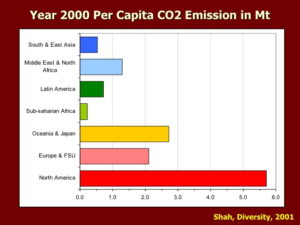
We also need to recognize that most of Co2 Emission has originated in the developed countries and yet the climate change impacts and consequences disproportionately impact the developing countries. This raises the question of climate justice and fairness as well.
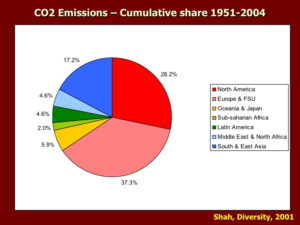
Furthermore, the human and environmental challenges we face today transcend the borders of nation-states. International coordination and partnerships are essential as all of these problems do not recognize political or geographic borders. Genuine international development partnerships are essential to building the bridges of mutual understanding, respect, and coordinated actions for an equitable and progressive world for all.
But alas we are gridlocked by political leaders who, even in the midst of a humanitarian or pandemic crisis, prioritize their myopic agendas with a view to their re-election above all else. Similarly, business leaders in many dominant sectors continue to be driven by short-term shareholder profits with little care of the impact on Nature as well as the systematic racial, gender, and economic discrimination faced by many of their employees in the workplace. The world of science and technology, dependant on public and private sector regulations funding, is also constrained from discussing the implications and impacts of their research.
The worldwide adoption of unhealthy and polluting modern lifestyles, driven by materialism, greed, and “throwaway” culture, is resulting in a human health crisis of endemic diabetes, depression, heart disease, and cancer, for which there is no medical cure thus far. These lifestyles are also a source of escalating waste that invariably ends up in the seas and oceans, which regulate our climate and weather and which are home to millions of species that enrich our Earth.
Climate change and the COVID-9 pandemic are Nature’s warnings that unless we Homo Sapiens begin to live sustainably with respect for and in harmony with Nature, it is only a matter of time, perhaps no more than a century, when environmental catastrophes and deadly pandemics will take hold, resulting in repeated cries of “I can’t breathe” not only from humans but also from animals and plants species that are facing extinction.
If homo sapiens are to be granted the honorary title of being the “wise ones”, then we must with the question as to why homo sapiens continues to threaten and commit violence towards its own fellow human beings and to the world of Nature, putting at risk not only the wellbeing and survival of millions of other species but also its own very wellbeing and survival. This question can only be seriously reckoned with if we start to raise our consciousness and commit to living sustainably and responsibly in harmony with one another as well the world of Nature. We have the minds, the hearts, and the spirituality to prevail and overcome the challenges we face precisely because these are challenges that are of our own creation.
Seventy years ago the Universal Declaration of Human Rights, Annex 1, needs to be recalled, debated, and actioned by Governments, businesses, and Civil Society around the world. Whilst the world has debated human rights and the rights of Nature since 2010, the world community has not adopted any Universal Declaration of The Rights of Nature. It is time it did so since the rights of humans and the rights of Nature are inextricably linked.
Threats to Humanity, Nature and One World
Politics without principle
Power without humility
Pleasure without conscience
Wealth without work
Knowledge without character
Business without morality
Science without humanity
Worship without sacrifice
Mahatma Gandhi
Annex 1: Universal Declaration of Human Rights
It has been more than 70 years since world leaders explicitly spelled out the Universal Human Rights that everyone on Planet Earth can expect and are entitled to. The following 30 specific two-page descriptions( UNOHCHR,2018) of each of the Declaration’s Articles can be accessed through the links below:
Article 1: We are all born free and equal
Article 2: Freedom from Discrimination
Article 3: Right to Life
Article 4: Freedom from Slavery
Article 5: Freedom from Torture
Article 6: Right to Recognition Before the Law
Article 7: Right to Equality Before the Law
Article 8: Right to Remedy
Article 9: Freedom from Arbitrary Detention
Article 10: Right to a Fair Trial
Article 11: Presumption of Innocence and International
Crimes
Article 12: Right to Privacy
Article 13: Freedom of Movement
Article 14: Right to Asylum
Article 15: Right to Nationality
Article 16: Right to Marry and to Found a Family
Article 17: Right to Own Property
Article 18: Freedom of Religion or Belief
Article 19: Freedom of Opinion and Expression
Article 20: Freedom of Assembly and Association
Article 21: A Short Course in Democracy
Article 22: Right to Social Security
Article 23: Right to Work
Article 24: Right to Rest and Leisure
Article 25: Right to Adequate Standard of Living
Article 26: Right to Education
Article 27: Right to Cultural, Artistic and Scientific Life
Article 28: Right to a Free and Fair World
Article 29: Duty to Your Community
Article 30: Rights are Inalienable

